Speech-language pathologists provide services to evaluate, diagnose, and provide therapy to individuals with speech, language, fluency, pragmatic, and feeding disorders.
- Speech disorders: A speech or articulation disorder is the inability to produce clear and intelligible speech.
- Language disorders: A language disorder is difficulty understanding or producing messages. A child with a receptive language disorder has trouble understanding and processing what others say. A child with an expressive disorder has difficulty conveying their thoughts, wants, and/or needs.
- Fluency disorders: A fluency disorder is the inability to generate smooth speech. Oftentimes, individuals with fluency disorders find it difficult to control the flow, speed, and rhythm of their speech.
- Pragmatic disorders: A pragmatic disorder is when a child has difficulties understanding social cues, inferring meaning from language, or engaging in appropriate social conduct with peers or adults.
- Feeding disorders: A feeding disorder is the inability to manipulate and swallow food due to either motor planning or structural limitations or the oral cavity.
If your child is exhibiting difficulties in any of the areas, please seek guidance from either their physician or contact a certified speech-language pathologist.
Where can I find online resources?
Occupational Therapy is the evidence-based practice of using meaningful activities to help people achieve functional ability in everyday tasks. School, family engagement, and play are integral parts of a child’s daily life. Occupational Therapy works to support a child’s participation and functional skills and to aid in more success, ease, and engagement in these primary areas.
Occupational Therapy aims to help kids increase their cognitive, physical, sensory, and motor skills which aids in the enhancement of self-esteem, and a sense of accomplishment for an overall increase in participation.
- Motor skills
- Self-regulation
- Play skills
- Self-care and Activities of Daily Living (ADL) tasks
- Toileting
- Eating
- Dressing
Mental health therapy, also called psychotherapy or counseling, is a process in which a licensed therapist supports individuals and families in managing emotional, psychological, and behavioral challenges. It provides a safe space for children to express their feelings while enhancing mental well-being and developing coping skills.
If your child is experiencing emotions, thoughts, or behaviors that disrupt their daily life, therapy may be helpful. Signs to look for include persistent sadness, excessive worry, mood swings, difficulty coping, feeling overwhelmed, or struggles with major life changes. A licensed therapist can provide an evaluation to help your child and family better understand these challenges and explore how therapy can offer support.
Therapists use age-appropriate techniques such as:
- Play-based therapy: Helps younger children express emotions through play
- Cognitive Behavioral Therapy (CBT): Helps children understand and manage their thoughts and behaviors
- Art or music therapy: Encourages emotional expression through creative activities
- Talk therapy: Encourages older children to discuss their feelings and experiences
The duration varies depending on the child’s needs. Some children improve in a few months, while others may need long-term support. Sessions are typically once a week for 30–60 minutes.
A deductible is the amount you must pay out of pocket before your insurance starts covering costs. Always contact your insurance company for updated information.
- Co-pay: A fixed amount you pay for a service (e.g., $30 for a doctor visit)
- Co-insurance: A percentage of costs you share after meeting your deductible (e.g., 20% of a hospital bill)









